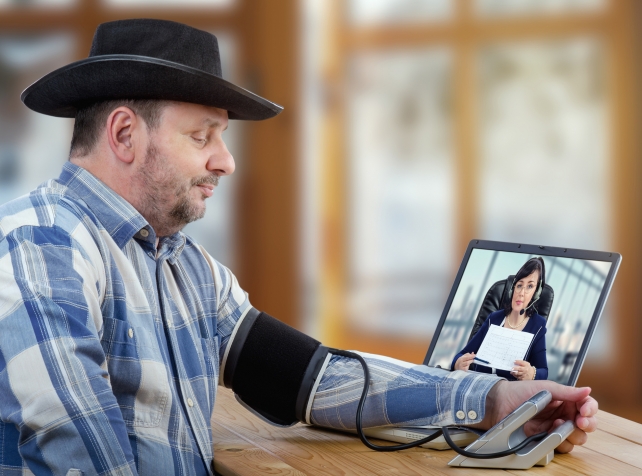Medical experts from The Australian National University (ANU) say telemedicine is changing how we think about doctor shortages in the bush.
They say artificial intelligence and IT will play a significant role in health delivery, but GPs of the future will also need new skills to be remote doctors.
Subscribe for FREE to the HealthTimes magazine
It is an issue that will be under the microscope at a rural doctor forum taking place at ANU on Friday 16 August.
The ANU Rural Clinical School chief Associate Professor Malcolm Moore says that up until now meeting the challenge of healthcare in remote and regional Australia is about encouraging medical graduates to move to areas in need.
“The rural and nursing workforce is in need of bolstering. The solution is multi-pronged,” Associate Professor Moore says.
FEATURED JOBS
Frontline Health Melbourne
Frontline Health Melbourne
“Rural and remote Australians have far worse health outcomes than our metropolitan counterparts and we need solutions.
“It is not only about moving GPs to a rural location. We have to think about the model of healthcare delivery and how it is going to be delivered as much as having boots on the ground.
“Future rural doctors will need to be skilled-up for an era of telemedicine and telehealth and it is really going to challenge the traditional doctor and patient relationship.”
Telemedicine allows doctors to remotely diagnosis and treat patients.
“Telemedicine and remote consults are already happening and in some areas having channels to consults it is not just increasing access and in some cases it is the only access,” Professor Moore says.
Professor Moore says rural doctors of the future may no longer have stethoscopes and will need new skills to incorporate technology.
“Remote consults by video will incorporate wearable devices that will report your blood pressure, pulse, oxygenation, blood glucose or if you are pregnant,” Professor Moore says.
“But if technology just comes into practice and doctors start relating to it, the patient can get lost.
“The big challenge for doctors who are graduating now is to be able adapt to new technologies and use them really well.
“There are also problems to navigate for patients taking up new technology. One of the problems GPs face already is that people come in and they have already downloaded and printed out their Google diagnosis and we have to deconstruct that.”












